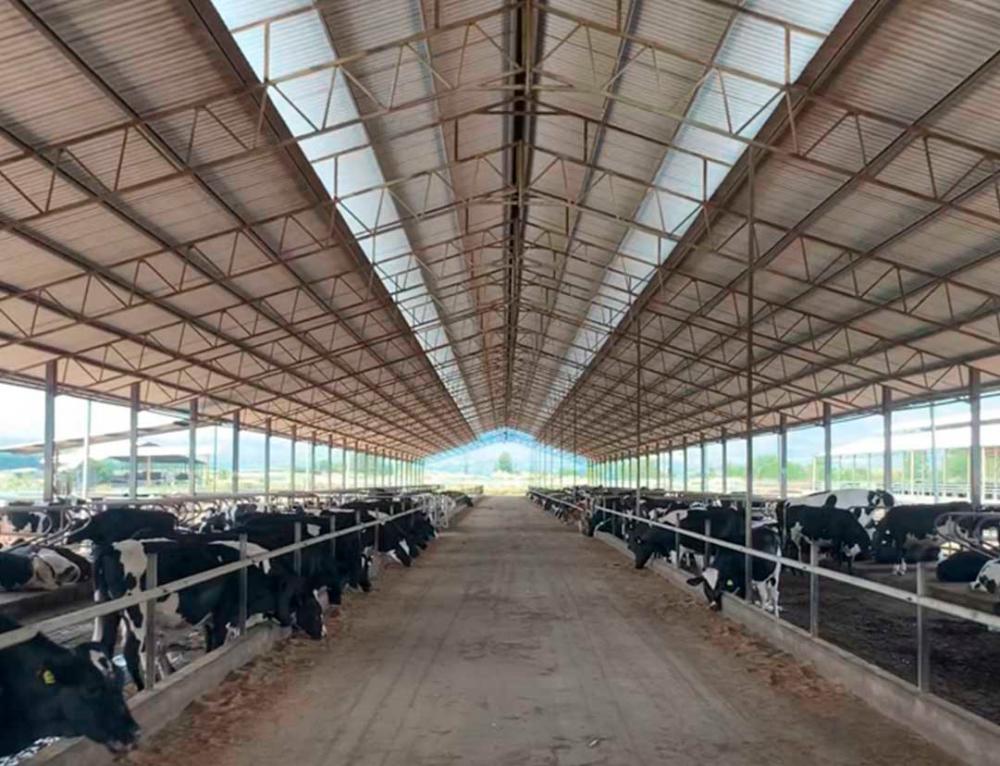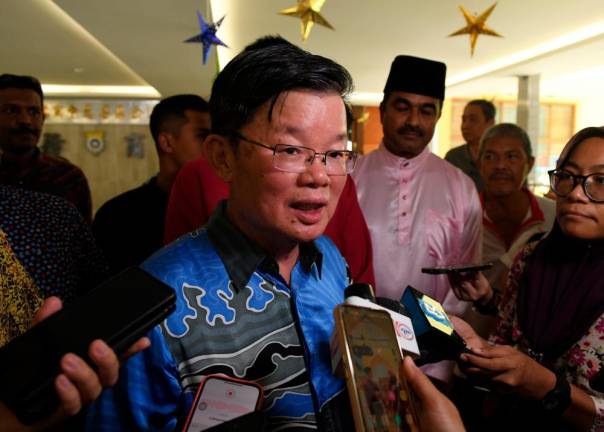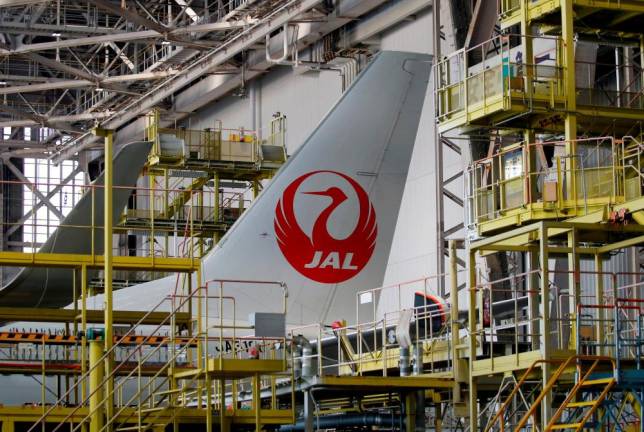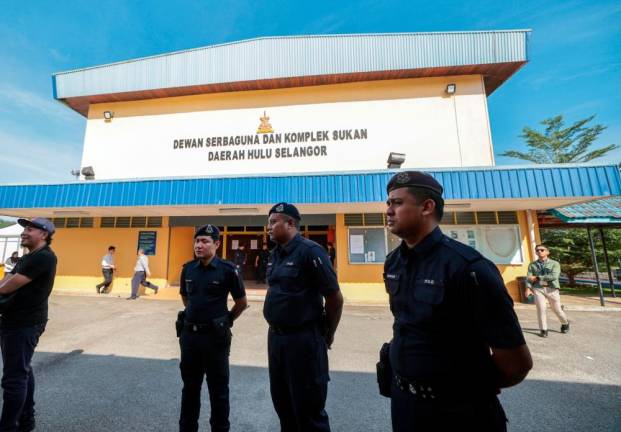PETALING JAYA: FGV Holdings Bhd anticipates its integrated farming business will generate 15% of its earnings before interest, tax, depreciation and amortisation (ebitda) margin by 2023 on an estimated revenue of RM59-60 million, according to its group CEO Datuk Haris Fadzilah Hassan.
The move is underpinned its Bright Cow brand dairy products, in which the group acquired a 60% stake in brand owner RedAgri Farm Sdn Bhd in February this year.
“Our aim with the venture is to tie in with our animal feed business. That is the bigger picture we had in mind, going into the dairy business, as it would serve as proof for our animal feed products,” he told the press at FGV’s 1Q’20 results media briefing.
Haris pointed out that most animal feed consumed locally is imported which makes up part of Malaysia’s RM60 billion food product imports and this would reduce the reliance on such imports.
“At the same time, this is a market that is underexplored as Malaysia has a very low self-sufficiency level when it comes to milk production. Therefore, any production will help reduce the reliance on imports,” he said.
Haris stated that this is part of its multi-pronged strategy, which is to be part of the fast moving consumer goods (FMCG) business, grow its animal feed business as well as to help the community it operates in by offering contract farming opportunities to the locals in operating areas.
Currently, FGV’s milk production capacity stands at 3,000 liters a day and this is expected to be ramped up to 10,000-15,000 liters a day in September, following the completion of its processing plant in Linggi, Negri Sembilan.
The group expects a revenue of RM6.5 million from its dairy business this year, and in 2021, segment revenue is expected to jump to RM17-18 million on the back of the increased capacity.
At the briefing, Haris revealed that FGV is also looking at a number of mergers & acquisition (M&A) opportunities in the FMCG and logistics sector that will strengthen its market reach and capabilities to serve the market that it operates in.
He stated that the main criteria the group has identified for M&A activities in the FMCG sector are companies that utilise a lot of palm oil and sugar, which are its core products.
In regards to logistics, the group CEO shared that any mergers and acquisition in the segment will be done with its operations in its dairy and upcoming fresh produce business in mind.
For the first quarter ended March 31, the group’s net loss widened to RM142.3 million, from RM 3.4 million due to reduced fresh fruit bunch (FFB) production during the period and lower margins in both the palm oil and sugar sectors.
Revenue was also lower at RM2.78 billion, from RM3.28 billion a year before.
For the group’s outlook, Haris stated that he is confident FFB production will improve this year on the back of improved weather conditions and a better fertilising regime.
For the year, FGV has a FFB production target of 18.4 metric tonne (mt) per ha compared to the previous of over 17 mt per ha.
“However, the issue also depends on the pricing. Last year, the palm oil price was a challenge and this year saw better prices but production is constrained,” said the group CEO.
The group is maintaining its previous palm oil price forecast of RM2,200-2,400 per metric tonne, attributed by a pick up in demand as more and more countries have opened up and resumed trading.
Internally, FGV has also witnessed an uptick in demand from India for June and July.
Haris pointed out that China has also given some new life to demand as the government has asked its agencies and company in the republic to stock up on oil, seeds and grains.










